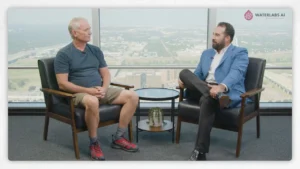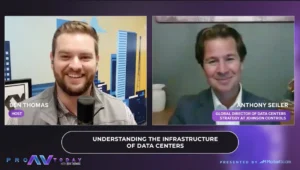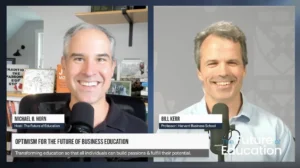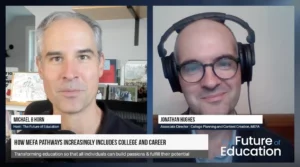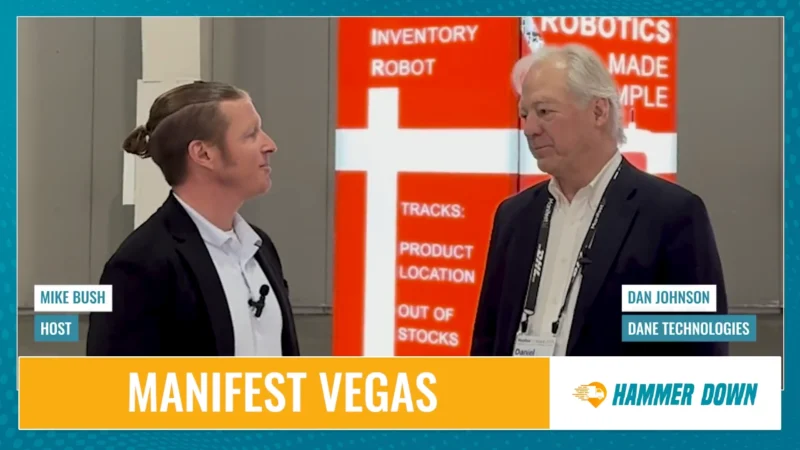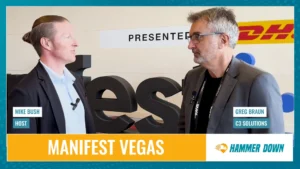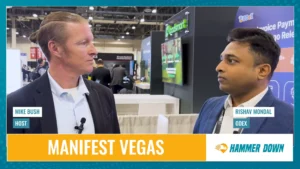Elon Musk’s Hyperloop Shifts Focus From Cars to Pedestrians
Elon Musk’s The Boring Company initially planned for the Hyperloop to transport private cars at record speeds. Now, the company is refocusing the revolutionary transportation tech on moving pedestrians and cyclists in what could be a first for mass transit in the United States.
The change in plan was announced via Twitter, where Musk detailed the change in course clearly. One major difference in the Hyperloop from a conventional subway station was the size and frequency of platforms. Instead of large, periodic stations, the Hyperloop would feature smaller stations “the size of a single parking space” that number in the thousands.
Now, the question turns to plausibility and viability of the new plan. Details on the plan itself are hard to come by. Many raise eyebrows at the investor’s ambition, given the glacial pace of city planning. Further, Musk notoriously made fun of public transport just a few months ago, making some curious where the about-face came from.
The concept for the technology hasn’t changed much since inception. Pressurized cabins would transport around a dozen passengers at six-hundred miles per hour to their destination. Internal loops would run on electric skates, moving pedestrians and cyclists at around 125 miles per hour. Will Musk deliver on his lofty, if chameleon, promises?



